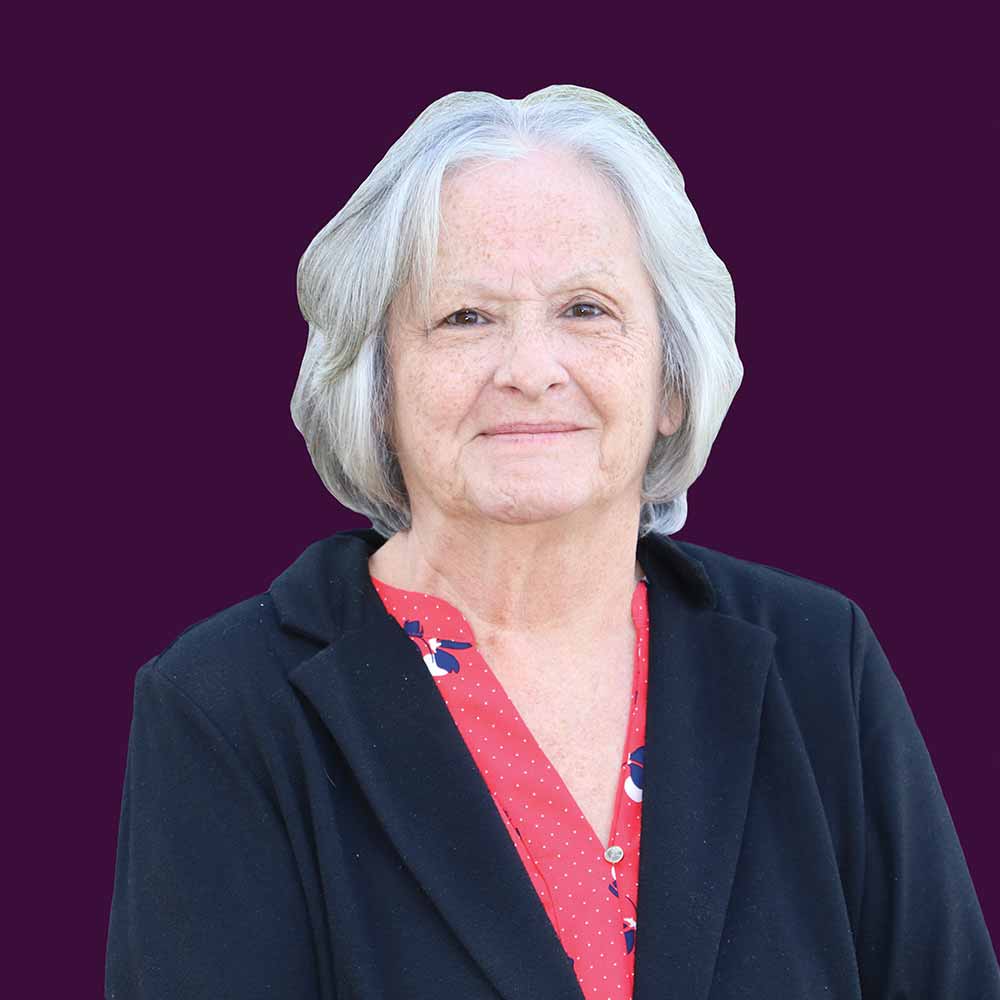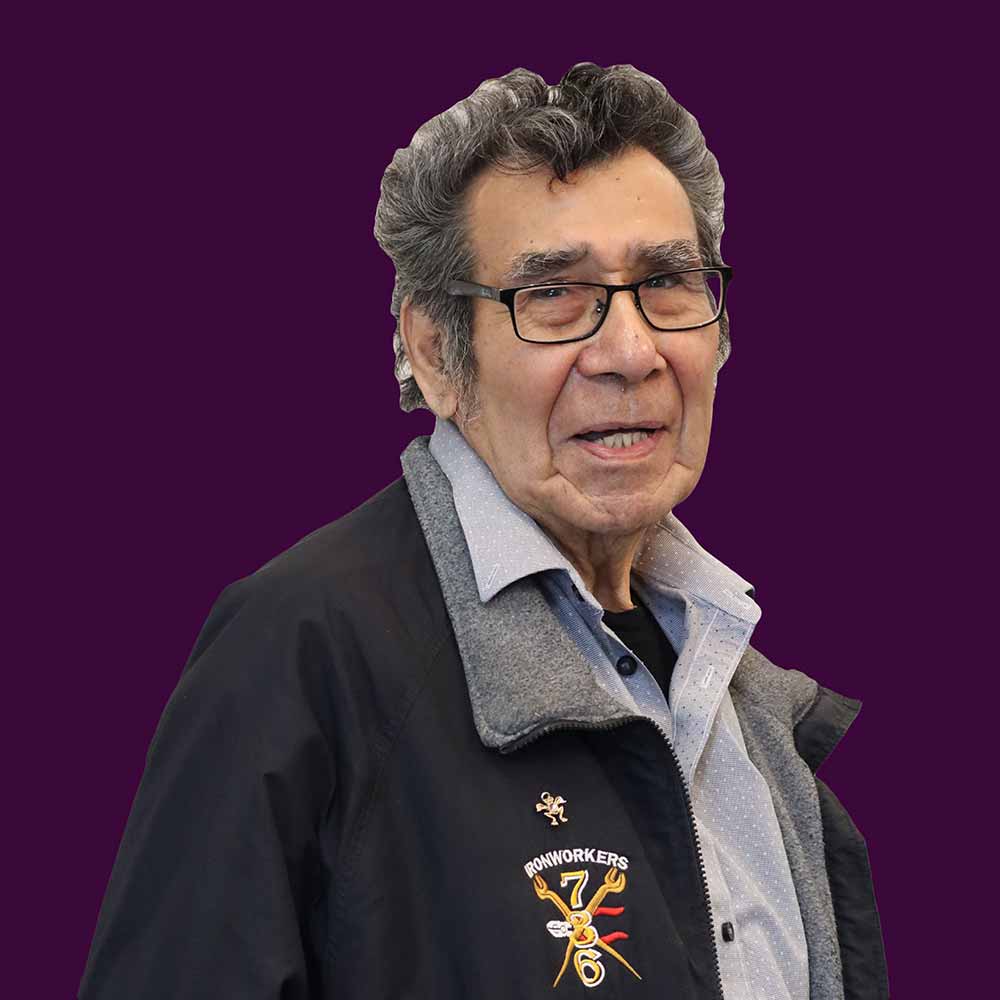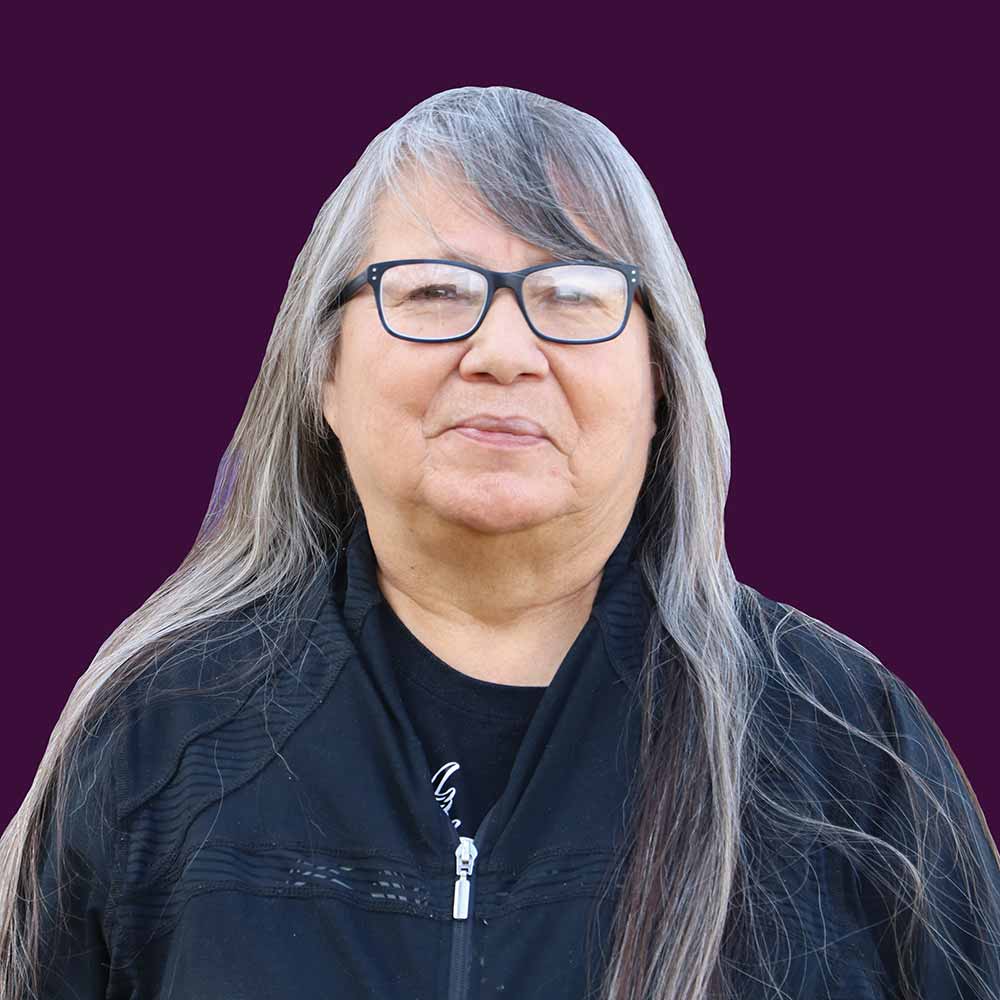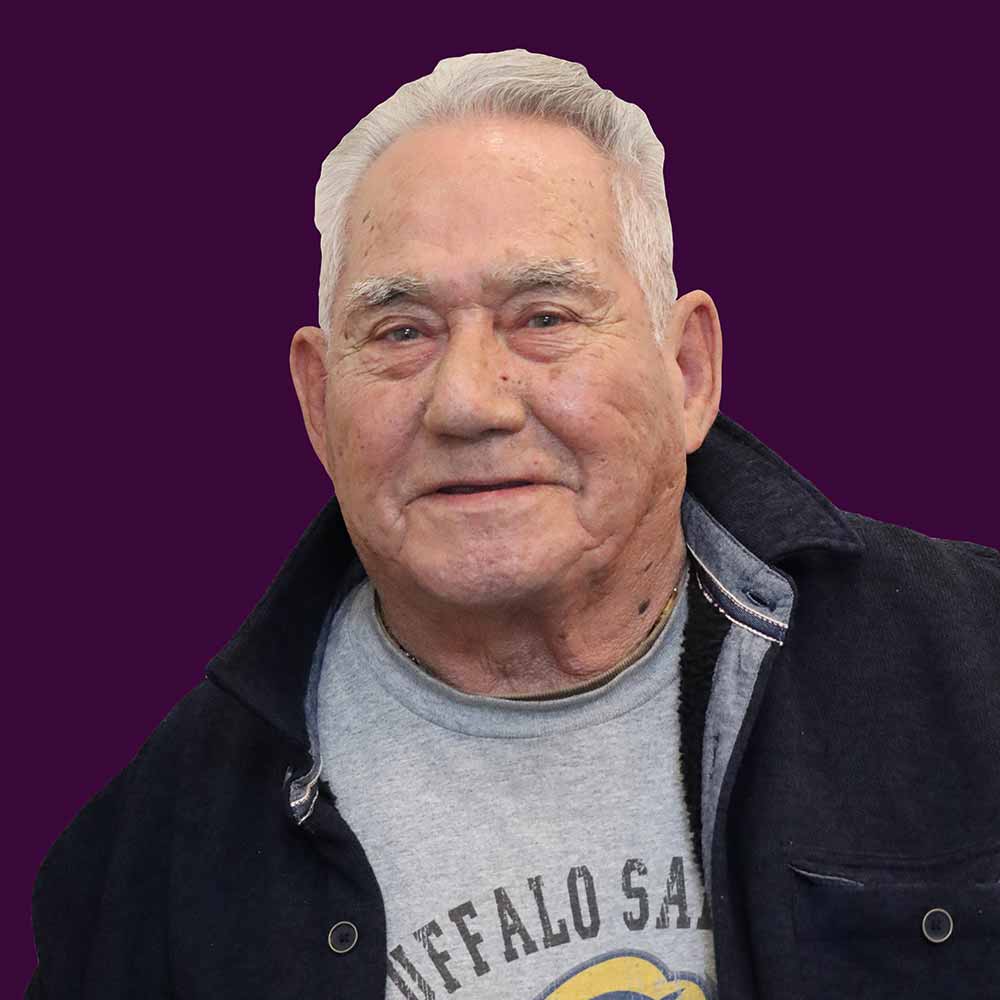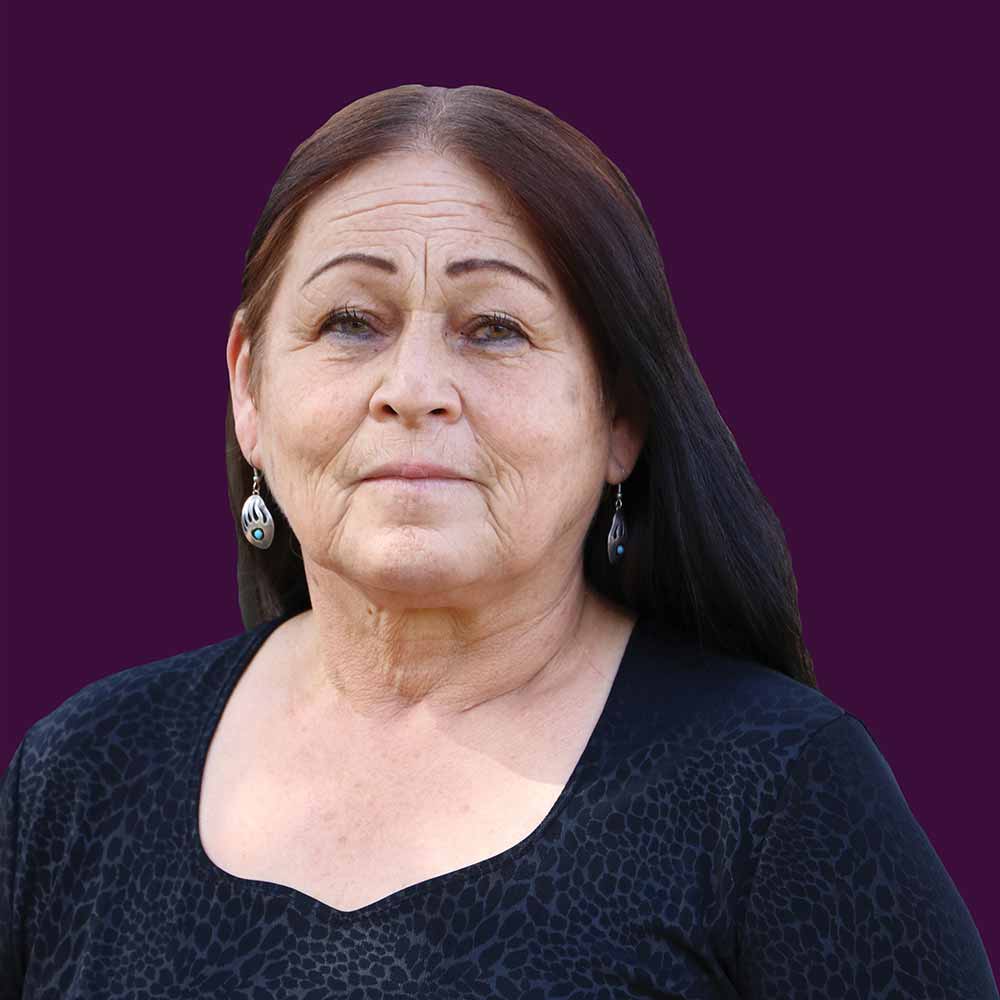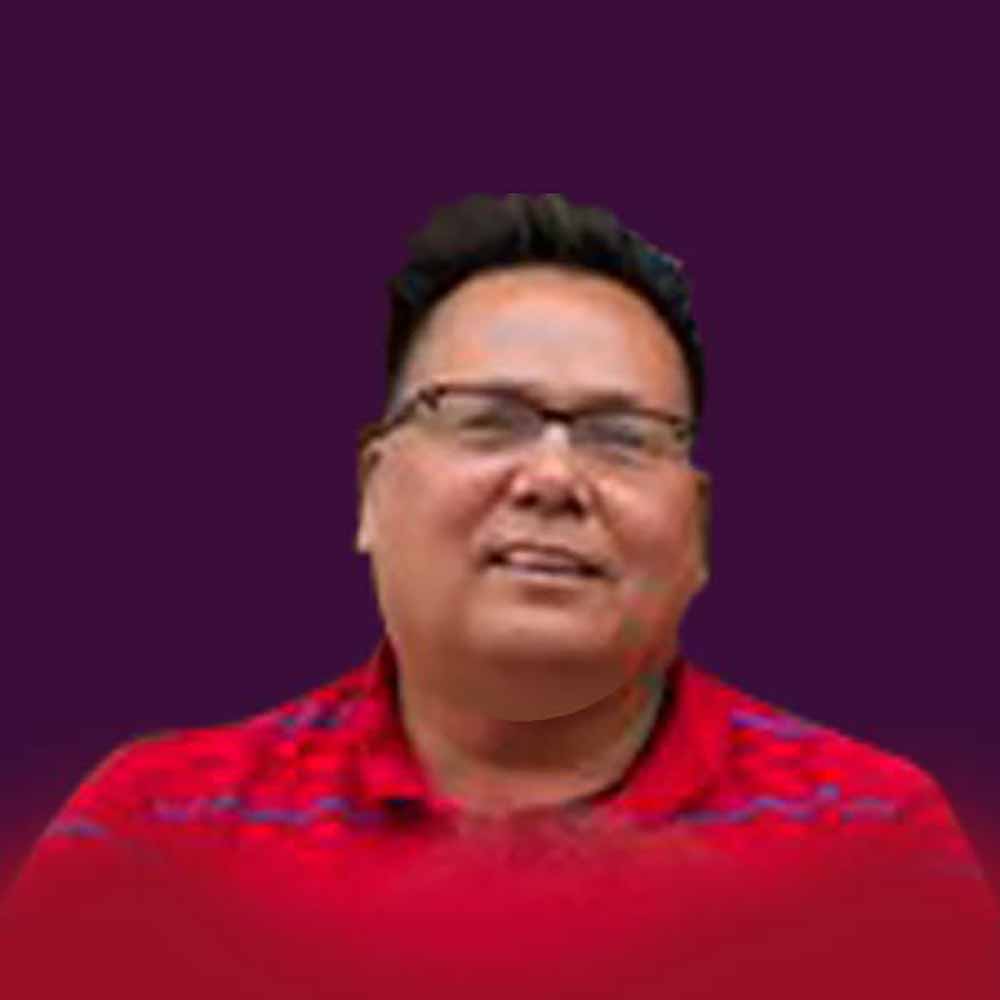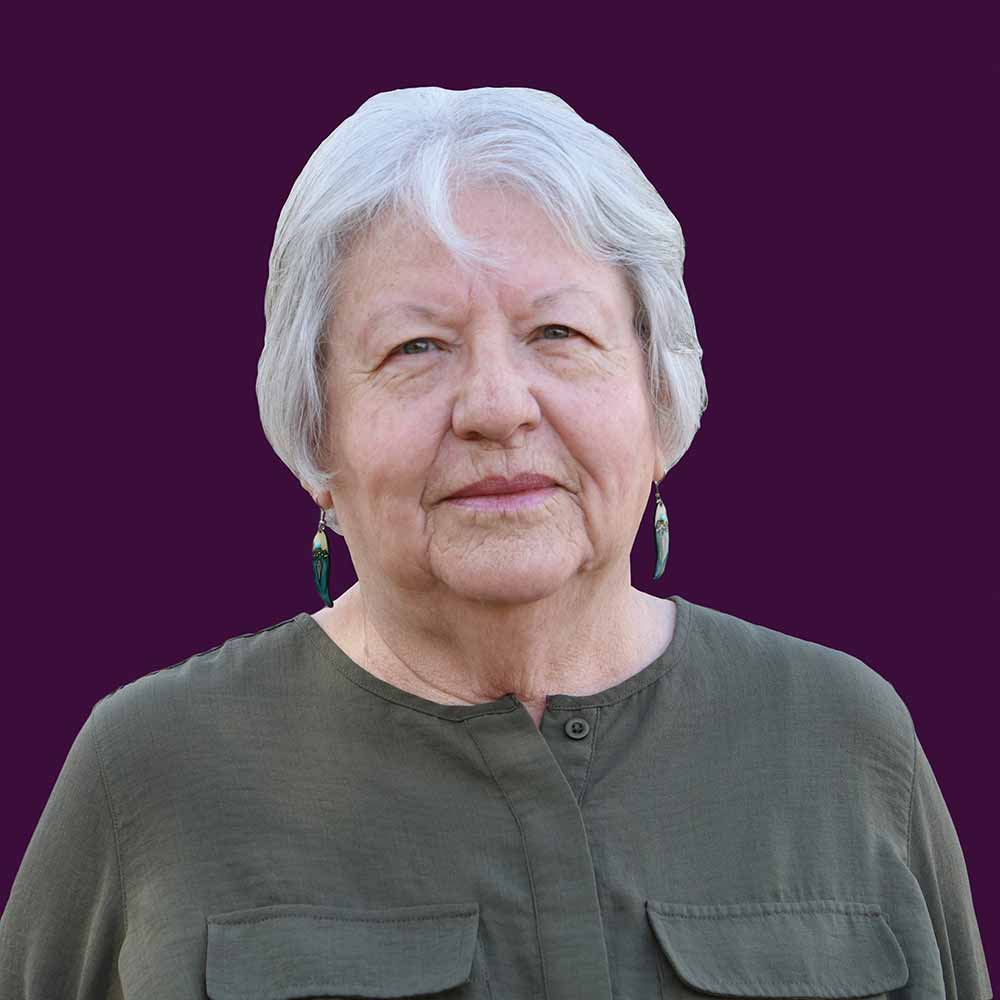About the Board of Directors
The Survivors’ Secretariat, as a Survivor-led organization, is governed by a Board of Directors comprised of seven Survivors of the Mohawk Institute. The Board of Directors operates pursuant to the corporation’s By-Law.
The Secretariat would like to thank everyone who applied to be on the Board.
At this time, we are pleased to have all seven positions on the Board filled.
Frequently Asked Questions
Q: Who are the Board of Directors?
They are a group of Survivors who attended the Mohawk Institute during its time of operation and are in the unique position to guide and direct the operations of the Secretariat.
Q: How were the Board of Directors selected?
The recruitment for the Board of Directors was posted broadly and in the communities that had children taken to the Mohawk Institute. An ad hoc selection committee, which included two Survivors and an intergenerational Survivor, was established to interview and select the founding Board Members to include gender balance and varying lived experiences at the Mohawk Institute.
Q: What are their responsibilities?
The Board of Directors provides governance and direction on policies and procedures for the Survivors’ Secretariat and the Executive Director. The Board of Directors operate pursuant to the corporation’s By-Law and are responsible for guiding the organization to fulfill its mandate in the most effective way possible. Board Members are committed Survivors and have a duty to make decisions that are in the best interest of the organization.
Q: Why does the Survivors’ Secretariat need a Board of Directors?
As an incorporated, not-for-profit organization in the province of Ontario, there is a legal requirement that the Secretariat have a Board of Directors. A group of Survivors at Six Nations of the Grand River, which started the work of the Secretariat, were clear from the beginning that the Secretariat needed to be Survivor-led. Having a Board of Directors comprised solely of Survivors ensures that Survivor voices are always leading the work and activities of the Secretariat.
How long is the term for a Board member?
It is a three-year renewable term.
Q: How often will the Board members meet?
At this time, the organization is new and the pace of work is rapid. As such, the Board will meet at least every two weeks, or more frequently as needed, in order to support the work.
Q: How does the Board make decisions?
The Survivors chose not to assign roles such as “President”, “Chair”, and “Treasurer” for the Board of Directors. It was determined that all Board Members would have equal and shared responsibilities to the organization. Decision making is done by consensus.
Q: How can other Survivors and Families Members of Survivors get involved with the Survivors’ Secretariat?
There are opportunities for Survivors and Family Members of Survivors to participate in the work of the Survivors’ Secretariat, such as volunteering or applying to be employed with the Secretariat.
Survivors and Family Members of Survivors are invited to volunteer to be part of the ground search.
Employment opportunities are posted here.
Q: How can someone learn more about the work of the Secretariat?
If you would like to learn more about the Survivors’ Secretariat, please visit our “About Us” section. We encourage you to have conversations in your community about our organization, and if you or anyone you know would like to share information about a potential death or burial of a child at the Mohawk Institute please consider contacting the Police Task Force or the Survivors’ Secretariat.
